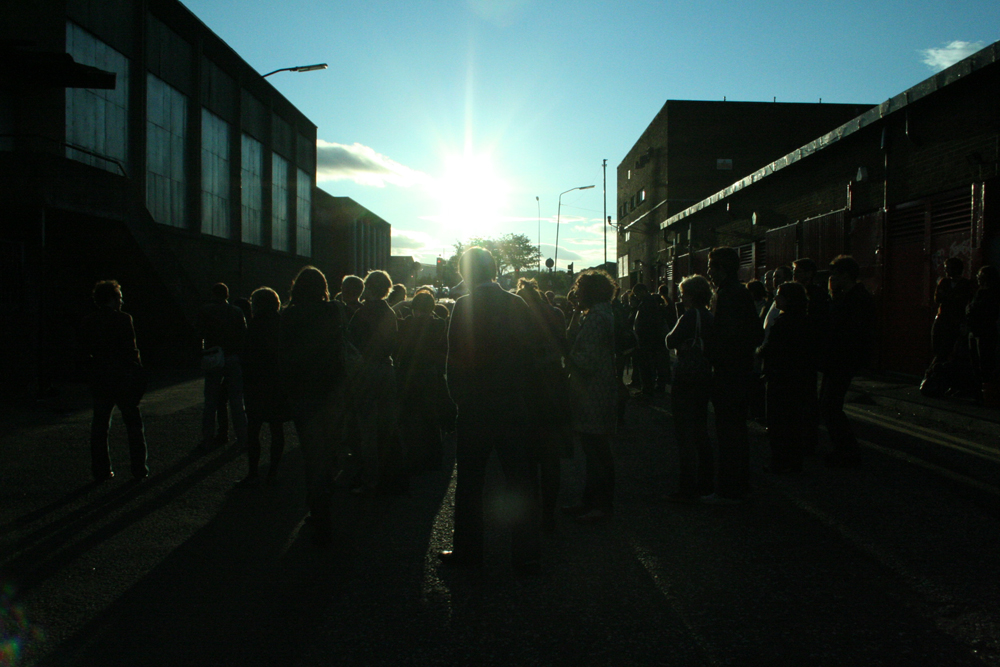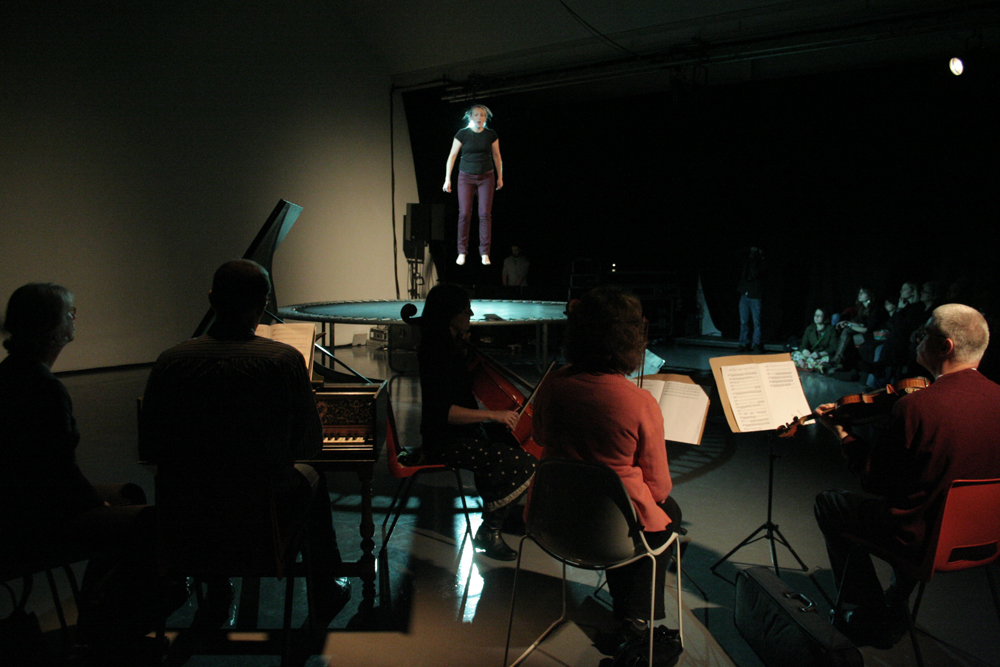
Steffen Basho-Junghans
Steffen Basho-Junghans
Repetitive, mesmerizing rhythmic workouts, to pieces of stark and rigorous introspection, where notes picked and slid in isolation, scatter like mercury around the listener.
Arika have been creating events since 2001. The Archive is space to share the documentation of our work, over 600 events from the past 20 years. Browse the archive by event, artists and collections, explore using theme pairs, or use the index for a comprehensive overview.

Repetitive, mesmerizing rhythmic workouts, to pieces of stark and rigorous introspection, where notes picked and slid in isolation, scatter like mercury around the listener.

ACCESS: SOUND FILE A day-long salon accompanying KYTN focusing on sound art.

Location: Around and about the old public library in Easterhouse; disinvested in and left to rot by the council but which was shamelessly, hastily and superficially cleaned by them in expectation of our event.

Profound mathematical ideas for romantics, to help us linger in the difference we share.

“Introduction to Protactile Theory” is a legendary seminar that facilitator John Lee Clark has designed to bring diverse communities into conversation with the Protactile movement.

A chorister attempting to sing Vivaldi, with live accompaniment, while trampolining for 20 minutes.

Radu plays a trombone, Klaus creates pure sine waves: they sound on their own, or sometimes together and often with considerable space and silence.

4 days of performances, discussions, workshops, screenings with mutant dancers, prison abolitionist poets, transfeminist revolutionaries, haunted noise, science fiction, sex worker resistance, crip erotics, radical pornography and militant fiction.

Each organ is unique. The project is to find out what makes it unique.

A preposterously heavy, eye of the storm musical tug of war, in which two drummers, electronics and electric guitar fall over each other in a droning crush.

Dworkin asks: What would a non-expressive poetry look like? A poetry of intellect rather than emotion?

What might Carter and Parker’s collaboration tell us about our own performances of responsibility and liberty, whether individual, social or musical?